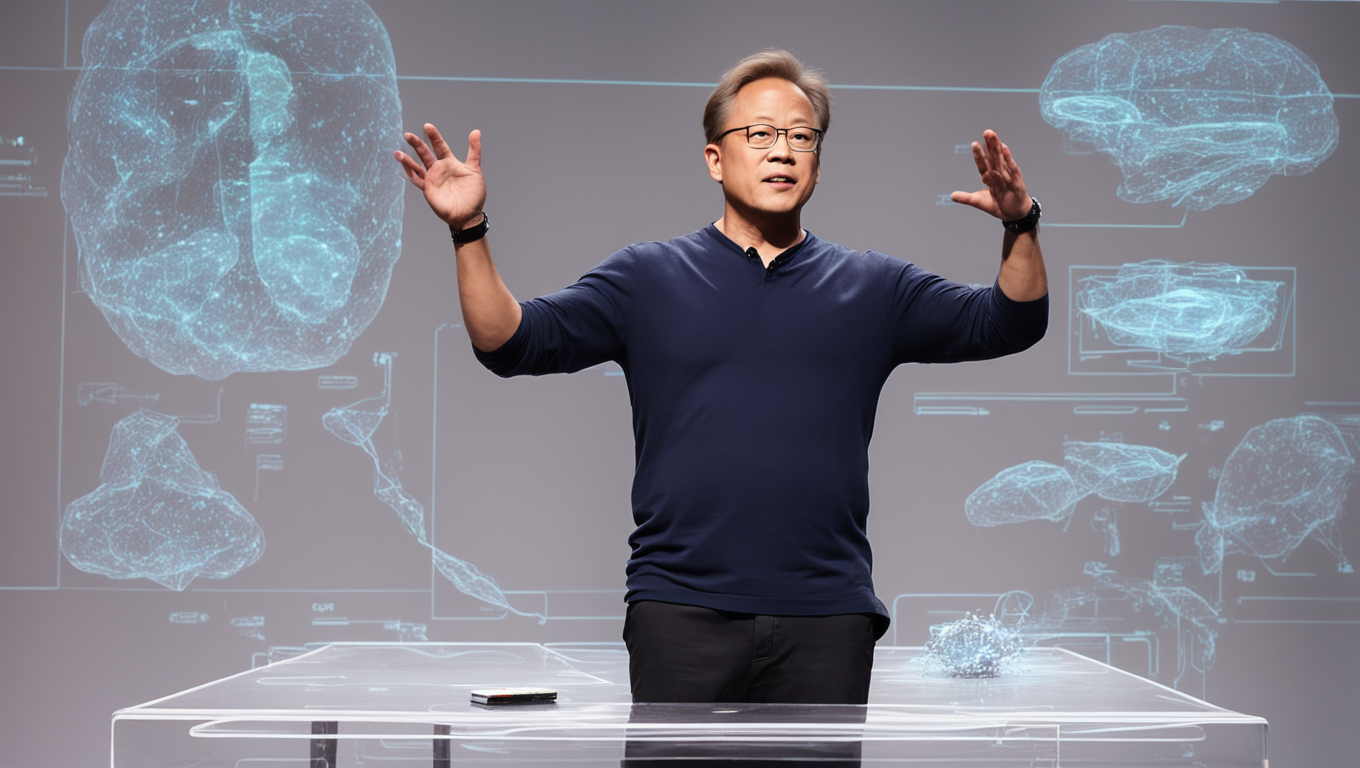Artificial General Intelligence (AGI) has long been a goal for Silicon Valley, aiming to create computers that can think like humans. Jensen Huang, CEO of Nvidia, a leading maker of artificial intelligence chips, believes that AGI could arrive in as little as five years. However, the timeline largely depends on how AGI is defined.
“If the definition is the ability to pass human tests, artificial general intelligence will arrive soon,” Huang stated at an economic forum held at Stanford University. He believes that if an AI system were given every possible test, it would perform well on all of them within five years.
At present, AI systems have shown promise in passing tests such as legal bar exams. However, they still struggle with more specialized medical tests, like those in gastroenterology. Huang believes that within five years, AI will be capable of passing any test in various domains.
But while passing human-designed tests may indicate a significant advancement in AGI, there are different interpretations of AGI that could prolong its development. Scientists are still debating on how to describe the complexities and nuances of human minds.
Huang elaborated, noting that for engineers, it is challenging to achieve a goal that is not precisely defined. Engineers typically work towards well-defined objectives, making it difficult to engineer AGI when there is still uncertainty around how human minds truly work.
When asked about the expansion of the AI industry and the need for more chip factories, known as “fabs,” Huang acknowledged the increasing demand. He stated that additional fabs would be required but highlighted that advancements in algorithms and processing would also enhance the efficiency of AI. Huang emphasized that computing capabilities are expected to improve by a million times over the next decade.
While AGI’s arrival may be imminent in terms of passing human tests, the journey towards a complete understanding of human cognition and replicating it within a machine remains a complex challenge. As scientists continue to explore and debate the intricacies of the human mind, engineers like Jensen Huang are paving the way for advancements in AI that push the boundaries of what is possible.





Use the share button below if you liked it.